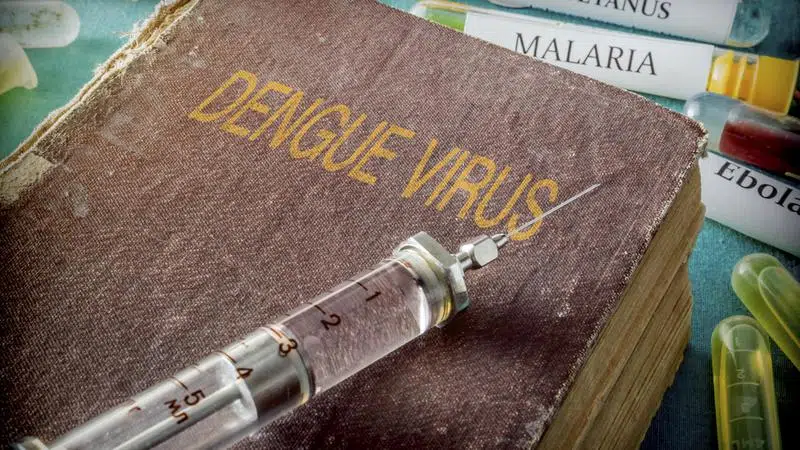
CHARBONNEAU: Sometimes it’s not easy being a pro-vaxxer
DESPITE THE FACT THAT VACCINES have saved uncountable lives and virtually wiped out smallpox, polio, tetanus and rabies, vaccine risks exist. When those risks result in death, people lose trust in all vaccines.
Look at what happened in the Philippines. In 2015, they purchased three million doses of a new dengue vaccine.
Dengue is not as deadly as it might seem. Three-quarters of people infected by the mosquito-borne virus don’t notice anything. The remainder fall into three groups: symptoms similar to the common cold; or a fever accompanied by headache, pain behind the eyes, aching joints and bones that sometimes leads to internal bleeding; or the most deadly, dengue hemorrhagic fever and dengue shock syndrome where plasma seeps out of capillaries, liquid pools around organs, massive internal bleeding ensues. The brain, kidneys and liver begin to fail. (Scientific American, April, 2018)


